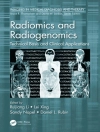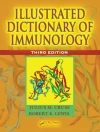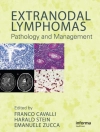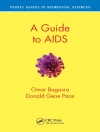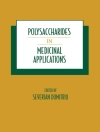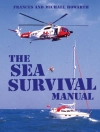Current literature shows that there is a gap in our knowledge about how tired- ness/fatigue in cancer patients should be defined and measured. Existing fa- tigue-related research in cancer patients shows conceptual and measurement differences (Piper 1993). There is no continuum of tiredness/fatigue in univer- sal use. What do patients mean if they fill in a visual analogue scale indicating that they feel "very tired"? Is it an indicator of general well-being, and thus an 1993)? Most articles estimate of general quality of life (Hiirny and Bernhard written by English authors use the word fatigue to identify extreme tired- ness. It could be said that in the English language, tiredness that is perceived as unusual, continuing distress is fatigue rather than tiredness. In the German language, tiredness (Mudigkeit) is not primarily a term for distress attributed to disease or unusual effort. But tiredness becomes a distressing phenomenon when it no longer regulates a healthy balance between rest and activity but represents unusual, abnormal or excessive whole-body tiredness that is dis- proportionate to or unrelated to activity or excessive exertion (Piper 1993). As there is no word for fatigue in the German language, the definition "extreme, unusual tiredness" (in German: extreme, unubliche Mudigkeit), is used to explain the term "fatigue:’ This clarification is needed to ensure that future fatigue research conducted in German-speaking countries can be com- pared with such research carried out elsewhere.
Agnes Glaus
Fatigue in Patients with Cancer [PDF ebook]
Analysis and Assessment
Fatigue in Patients with Cancer [PDF ebook]
Analysis and Assessment
购买此电子书可免费获赠一本!
语言 英语 ● 格式 PDF ● ISBN 9783642514661 ● 出版者 Springer Berlin Heidelberg ● 发布时间 2012 ● 下载 3 时 ● 货币 EUR ● ID 6325851 ● 复制保护 Adobe DRM
需要具备DRM功能的电子书阅读器


